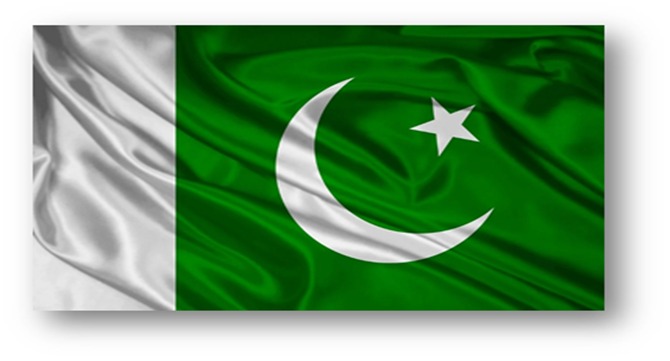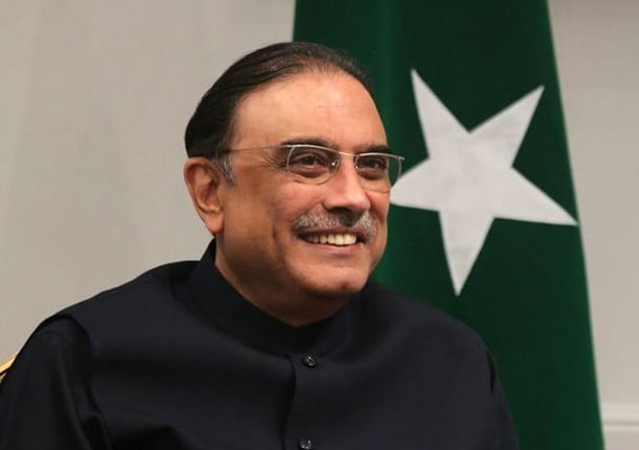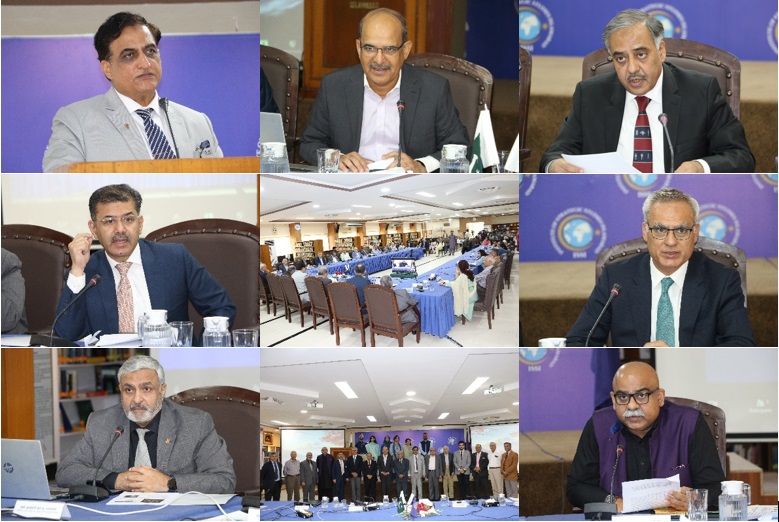PEACE AS PAKISTAN’S ECONOMIC LIFELINE
Muhammad Shahzad Ashfaq
Post-Doctorate (Peace Education)
International Islamic University, Islamabad
Pakistan, a country with immense potential and abundant resources, has faced numerous challenges over the years. Among these challenges, perhaps none has been as impactful as the issue of internal and external conflicts leading to instability and unrest. In recent times, there has been a growing realization of the critical link between peace and economic prosperity. The pivotal role of peace as Pakistan’s economic lifeline. Exploring how peace can pave the way for economic growth, stability, and development, we can better understand the significance of peace in shaping Pakistan’s future.
Peace within a nation creates a conducive environment for economic activities to thrive. Conflict, terrorism, and political instability disrupt economic activities, leading to reduced investment, lower productivity, and a decline in overall economic growth. Efforts shows that countries marred by conflict tend to have lower GDP per capita and higher poverty rates compared to peaceful nations.
Pakistan, being a country with a history of internal strife and external threats, has faced economic challenges due to the lack of peace. However, efforts towards peacebuilding and conflict resolution have shown positive impacts on the economy. For instance, the improved security situation in certain regions of Pakistan has led to increased investments in sectors like manufacturing, agriculture, and services, contributing to economic growth.
Pakistan’s economic challenges is the persisting internal strife within the country. Ethnic and sectarian tensions have frequently erupted into violence, leading to instability and hindering economic progress. The lack of peace and security in regions like Balochistan and Khyber Pakhtunkhwa has deterred investment, disrupted infrastructure development, and impeded the functioning of industries. The ongoing conflict in these regions has resulted in human casualties, displacement of populations, and destruction of property, creating a burden on the economy.
One of the primary economic challenges that Pakistan faces due to internal strife is political instability. The frequent changes in governance, lack of continuity in policies, and power struggles among different political factions have created an environment of uncertainty for investors and businesses. This instability has led to a lack of confidence in the Pakistani economy, deterring both domestic and foreign investments. According to a report by the World Bank, political instability can significantly hinder economic growth and development, leading to decreased investment and productivity levels.
Foreign investors are cautious about investing in countries with a history of conflict or political instability due to the higher risks involved. Peaceful conditions, on the other hand, create a sense of trust and confidence among investors, encouraging them to explore business opportunities in the country.
Pakistan has been striving to improve its security situation to attract more FDI, which is crucial for stimulating economic growth, creating jobs, and enhancing technology transfers. The China-Pakistan Economic Corridor (CPEC) is a testament to how peace can open doors for significant investments and infrastructural development in the country. The successful implementation of CPEC projects relies heavily on maintaining peace and stability along the corridor, displaying peace as a vital component for economic progress in Pakistan.
Pakistan’s access to international markets and its trade competitiveness heavily depend on the country’s ability to maintain peace both domestically and in its relations with neighboring countries. Regional peace initiatives, such as the Kartarpur Corridor between India and Pakistan, not only have symbolic significance but also hold economic benefits by enhancing trade opportunities and people-to-people contacts. Furthermore, peace along the borders reduces military expenditures, allowing governments to allocate more resources towards socio-economic development and poverty alleviation.
Peaceful relations and stable domestic conditions are prerequisites for Pakistan to access international markets. Countries prefer to engage in trade with partners that demonstrate political stability and security. By maintaining peace, Pakistan can attract foreign investors, forge trade agreements, and increase export opportunities, thereby enhancing its trade competitiveness. Peace and stability create an enabling environment for economic growth. A country at peace is more likely to experience sustainable development, which in turn boosts trade competitiveness. Peaceful conditions attract foreign investments, spur innovation, and promote entrepreneurship, all of which contribute to Pakistan’s ability to compete in the global market.
Moreover, political unrest and governance issues have further exacerbated Pakistan’s economic distresses. Corruption, inefficiency, and lack of institutional capacity have plagued the country, leading to mismanagement of resources and hindering economic growth. The political instability has also deterred foreign investors and hindered the implementation of much- needed economic reforms. Without a stable political environment, Pakistan has struggled to attract foreign direct investment and foster sustainable economic growth.
Pakistan is not just a political slogan but also a crucial determinant of the country’s economic health. The relationship between peace and economic prosperity is symbiotic, where one cannot thrive without the other. By prioritizing peacebuilding efforts, resolving conflicts through dialogue and ensuring security across the nation, Pakistan can pave the way for sustainable economic development, job creation, and poverty reduction. The strategic integration of peace initiatives with economic policies can unlock Pakistan’s full potential as an emerging market and secure its position as an economic lifeline in the region.




